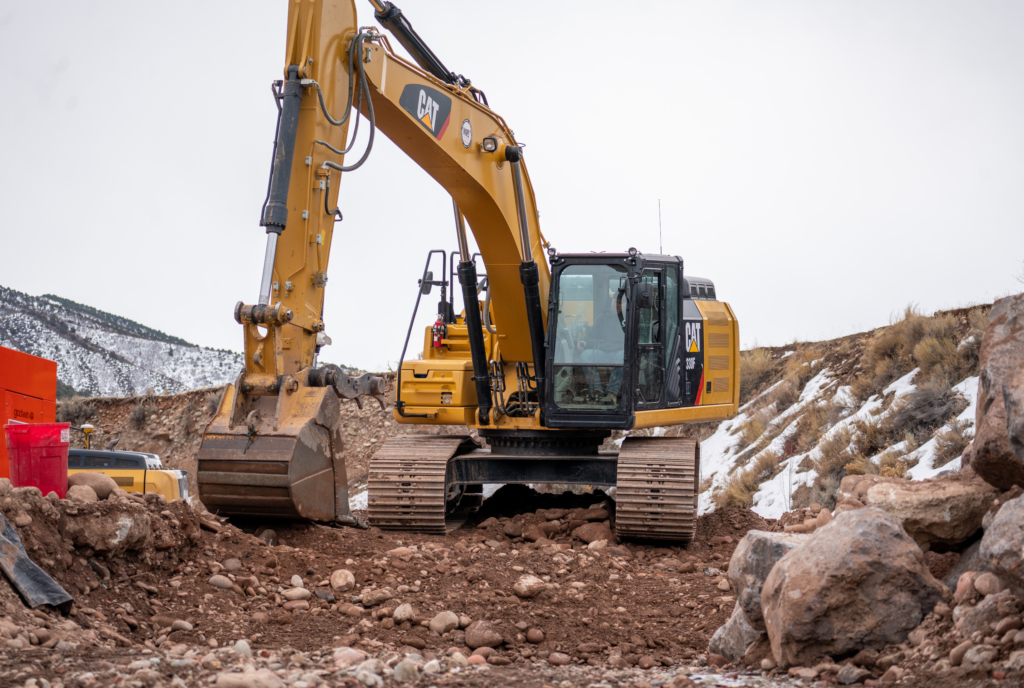Earthmoving equipment is essential for construction, mining, agriculture, and land development projects. Choosing the right machinery can significantly impact efficiency, cost, and project success. Several factors influence the selection of the best earthmoving equipment for a given job. Here’s a detailed look at the key considerations.
1. Project Scope and Size
The scale of the project is one of the most critical factors in equipment selection.
-
Small-Scale Projects (e.g., residential landscaping, minor excavations) may require compact equipment like mini excavators, skid-steer loaders, or small bulldozers.
-
Large-Scale Projects (e.g., highway construction, mining, large excavations) demand heavy-duty machines such as large excavators, wheel loaders, and dump trucks.
2. Type of Work Required
Different tasks call for specialized machinery:
-
Excavation & Trenching → Excavators, backhoes
-
Material Loading & Hauling → Wheel loaders, articulated dump trucks
-
Grading & Leveling → Bulldozers, motor graders
-
Compaction → Rollers, compactors
-
Demolition → High-reach excavators, hydraulic breakers
3. Terrain and Ground Conditions
The job site’s terrain affects equipment performance and selection:
-
Soft or Muddy Ground → Tracked machines (excavators, dozers) provide better stability.
-
Hard or Rocky Surfaces → Wheeled loaders and rigid dump trucks are more efficient.
-
Sloped or Uneven Terrain → Equipment with good traction and stability (e.g., crawler dozers) is preferable.
4. Material Type and Volume
The kind and quantity of material being moved influence equipment choice:
-
Loose Soil or Sand → Wheel loaders and scrapers work well.
-
Heavy Clay or Rock → Excavators with rock-breaking attachments may be needed.
-
Large Volumes of Debris → Dump trucks and conveyor systems improve efficiency.
5. Project Timeline & Efficiency Needs
Tight deadlines may require:
-
High-Capacity Machines (e.g., large excavators, dump trucks) to move material faster.
-
Multiple Machines Working in Sync (e.g., excavators loading trucks simultaneously).
-
Advanced Technology (GPS-guided dozers for precision grading).
6. Budget and Cost Considerations
Equipment costs include purchase/rental, fuel, maintenance, and operator wages.
-
Buying vs. Renting – Short-term projects may benefit from renting, while long-term jobs justify purchasing.
-
Fuel Efficiency – Newer, hybrid, or electric machines reduce operational costs.
-
Maintenance Requirements – Well-maintained used equipment can be cost-effective.
7. Environmental and Regulatory Factors
Some projects have restrictions on noise, emissions, or ground disturbance:
-
Urban Areas → Electric or low-noise equipment may be required.
-
Emission Regulations → Tier 4 Final engines or electric machines comply with strict standards.
-
Eco-Sensitive Zones → Low-ground-pressure machines minimize environmental impact.
8. Operator Skill and Availability
The availability of trained operators affects equipment selection:
-
Advanced Machines (e.g., GPS-controlled graders) need skilled operators.
-
Simpler Equipment (e.g., skid-steer loaders) is easier to operate with minimal training.
Conclusion
Selecting the best earthmoving equipment involves evaluating project size, terrain, material type, budget, and efficiency needs. By carefully analyzing these factors, contractors can optimize productivity, reduce costs, and ensure project success. Whether renting or purchasing, the right machinery makes all the difference in completing earthmoving tasks safely and effectively.

